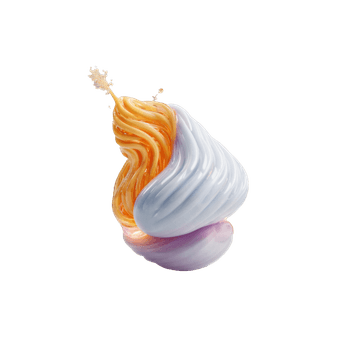Quick version
Here we go over some lesser-known signs that you may be going through menopause.
Symptoms of Menopause – 8 Signs You May Not Have Known
The body changes when hormone levels, especially estrogen and progesterone, drop. In addition to the classic signs such as hot flashes, night sweats, mood swings and fatigue, you may also notice:
- Insomnia or disturbed and poor sleep: You may have difficulty falling asleep, wake up frequently or feel tired despite sleeping.
- Dryness in the vagina: Due to the reduced estrogen levels, irritation or pain can occur in the vagina.
- Pain during intercourse: Sex can feel uncomfortable due to dry and thinner mucous membranes.
- Frequent urge to urinate and urine leakage: You may have difficulty holding in when coughing or laughing.
- Recurrent urinary tract infections: The bacterial flora can be affected by hormonal changes.
- Reduced sex drive: Hormonal and physical factors can lower desire.
- Depression and depression: It is common to experience anxiety even if you have not previously had problems with it.
- Hair loss and dry skin: Both skin and hair can become drier, thinner and more brittle.
What can you do?
Menopause is stressful and affects both body and mind in several different ways. It is common to feel depressed, stressed or out of balance - and much of this has hormonal causes. There are several things you can try to relieve symptoms, such as reducing stress, planning recovery and taking care of yourself in everyday life, it is often possible to relieve symptoms.
Discomforts such as vaginal dryness, burning and pain during intercourse are often due to estrogen levels dropping and the mucous membranes becoming more sensitive. Then self-care with gentle intimate hygiene and over-the-counter topical treatments with estrogen can make a big difference.
Hot flashes and night sweats are also common complaints. For some, it is enough to ensure that you can sleep cool and choose the right clothes, but for many, hormone therapy is the most effective alternative – something that should be individually adapted in consultation with a doctor.
In the article The doctor about hormonal changes and symptoms during menopause you can read what advice and recommendations Elenor Ängek, a doctor with specialist services in gynecology, has for those of you who are going through, or are about to enter, menopause.

























